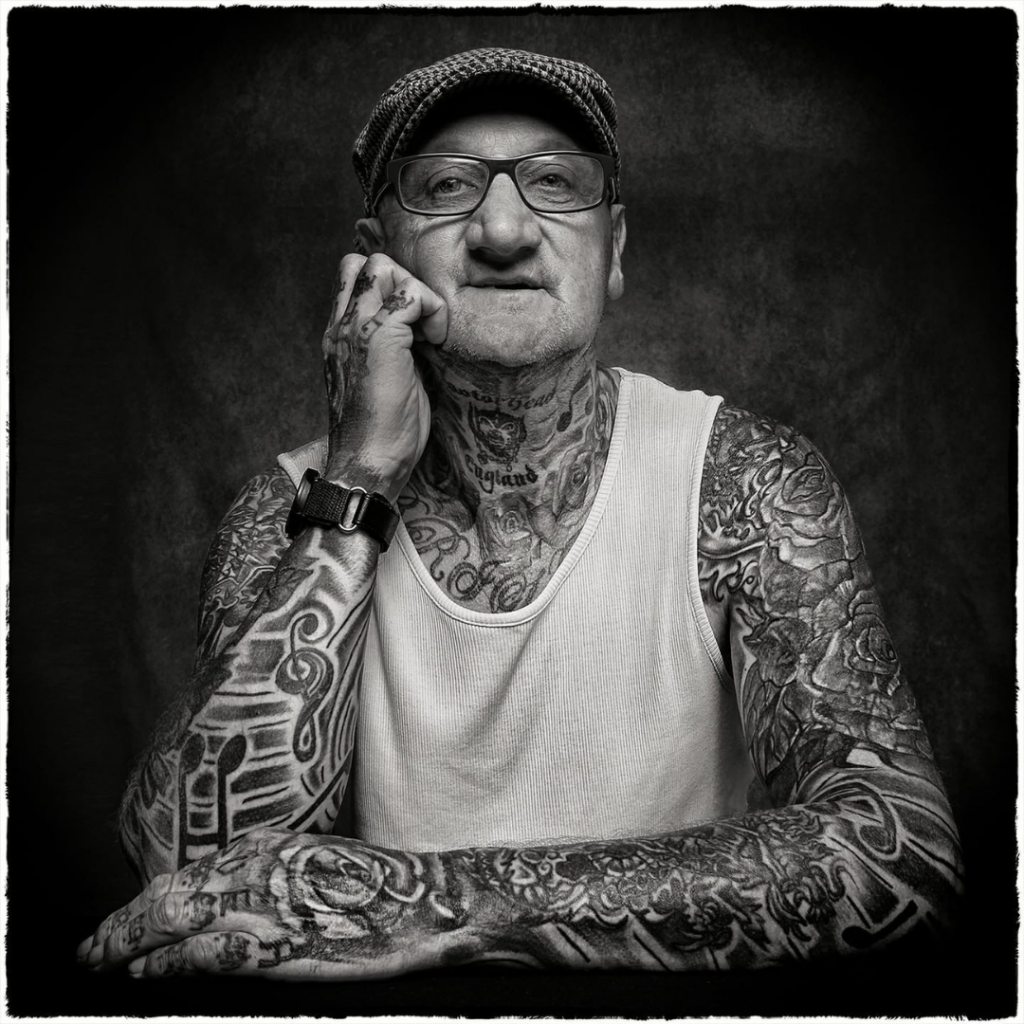“Sometimes we can’t do things alone”
9 to 15 May is Mental Health Awareness Week, a time for breaking down the stigma which still surrounds mental health. This year, it’s all about loneliness. This is Vic’s story who came to the Hope Project when he felt like his mental health was relapsing. TW: this post mentions suicidal thoughts.
Vic had suicidal thoughts before, but he didn’t know why he was feeling like this now – he was supposed to be in recovery! As Vic says:
I wasn’t coping. Things had become overwhelming. I was trying to juggle everything by myself and use my recovery, but it wasn’t working. I feared I was mentally relapsing, and I was feeling very suicidal. I was tired of life, it was exhausting me. I didn’t see a way for it to stop and my mind was telling me to not be here anymore.
It’s very normal to feel like recovery is the ‘end-goal’. But this can make it so hard to ask for help again if you need it. We might try to ignore our feelings or deal with it alone.
I didn’t expect to feel that way in recovery, so I feel it was even more shocking for me when these thoughts and feelings came over me again. I felt very vulnerable, alone in my thoughts and scared. I thought recovery would mean I’d always be alright and be in a bubble of protection, but when I felt I wasn’t, I knew I needed help quick, before it was too late.
Vic reminds us that it’s ok to reach out for help. Whether it’s the 2nd, 3rd, 10th or 100th time you need support, you don’t have to cope alone.
Together with his Hope Project worker, Ezra, Vic rediscovered joy in life and got back on track.
We worked on my emotional wellbeing, through just talking about my life and experiences and my worries. We have talked through so much and laughed a lot too.
Once I began to open up I found it really easy to keep talking and I trusted Ezra with my worries.
Vic ends by saying:
I am enjoying time by myself and with friends and I am happy and thankful to be alive.
Sometimes we can’t do things alone.
The Hope Project supports men in Bristol, North Somerset, Somerset and South Gloucestershire who are in severe distress with their mental health. Find out more here.

